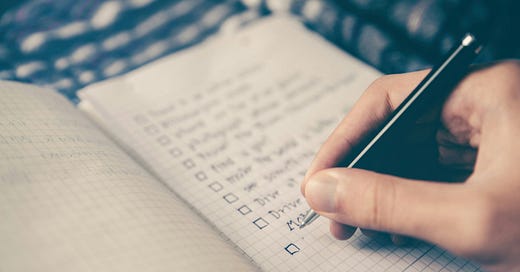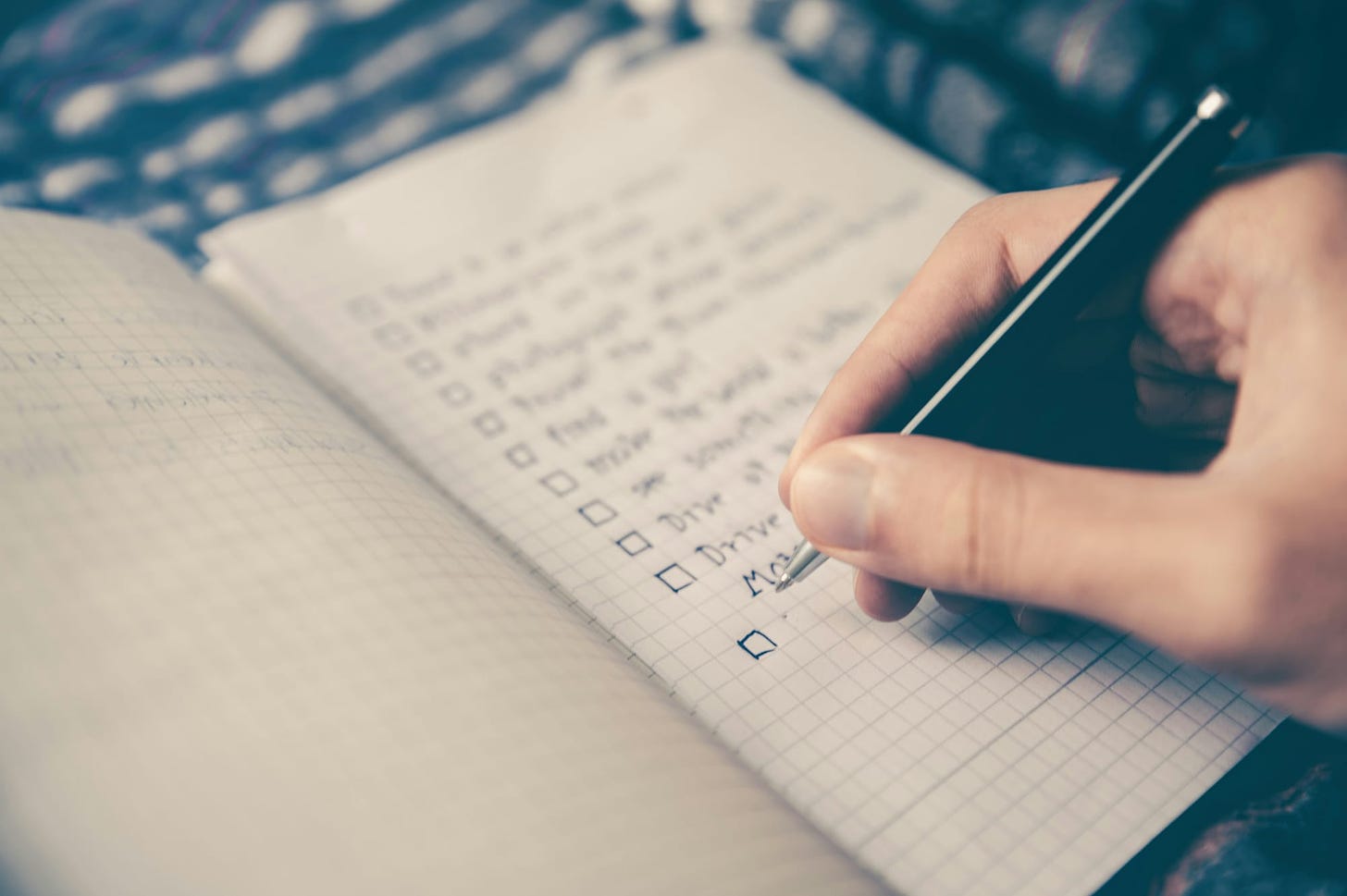Post Summary
We're covering five simple health rules you may have heard.
Don't eat after 7 pm.
Don't do burpees.
Don't drink alcohol.
Don't eat ultraprocessed food.
Don't eat added sugar or seed oils.
Rules like this often work and can improve our health, nutrition, or exercise routine—but not for the reasons we think.
We'll explain the benefits of each rule and then dive into the nuance of why each one "works."
The result: You'll arm yourself with smarter tactics so you can get the results you want with more freedom.
Housekeeping
Full access to this post is for Members.
Members get full access to Wednesday and Friday posts. Mondays are always free for all subscribers.
Become a Member below to get full access to this post and our full archive.
Podcast preview (the full Member podcast is below)
The Post
I was recently on the digital void called Twitter/X.
I came across a post from a dietician who showed how obesity began to rise when the snack food industry took off around 1970.
The takeaway was that if people just didn't snack, then the obesity rate in the United States would be lower than its current 40 percent.
My friend Trevor Kashey likes to say that a lot of the advice we hear around health is "99 percent right, 100 percent wrong."
This guy was right in the sense that, yes, if no one snacked we'd probably weigh less. People who follow his advice and stop snacking will probably lose weight.
Now the 100 percent wrong part: If we ate less of any meal we'd probably weigh less.
Obesity is complex but largely driven by how much food we eat overall. Snacking contributes to obesity, but it isn't the single cause.
There's a lot of this "99 percent right, 100 percent wrong" advice out there. It's advice that often works. But it works on accident—not for the reasons we think.
These simple health rules have benefits. They simplify complex issues into actionable rules that eliminate analysis. In the daily trenches of life, simple rules allow us to make decisions quickly.
But they also leave out nuance and can be constraining.
Today, we're diving into five simple health rules that work.
We'll explain why they're 99 percent right—and 100 percent wrong. That is to say, we'll explain why they're useful and where they lack nuance.
Learning the nuance will help you use these rules on purpose and with purpose.
The result: You'll learn the bigger why and make wiser decisions that help you reach goals.
Let's roll ...
1) Don't Eat After 6 or 7 pm
This one became popular in diet culture in the 2000s. The argument was that your body processed food differently at night, so the food you eat at night is more likely to become fat.
Why it's helpful
If you're anything like me, you're not eating a few sticks of celery after dinner.
You're eating a few sticks of a Twix bar—raiding the pantry for random handfuls of junk food, candy, or kid's cereal.
That is, when we eat after dinner, we usually eat junk. This post-dinner period is like the "golden hour" of junk eating. Even just a handful of candy can pack in hundreds of calories.
The nuance
The idea that your body treats food differently between 6 pm and midnight isn't correct. Your body uses food basically the same regardless of the time.
But that doesn't mean the rule isn't helpful. By setting a rule that you won't eat after 6 or 7 pm, you're cutting out the junk food "golden hour."
And, therefore, you're eating less junk. That removes a bunch of calories from your day of eating, making you more likely to lose weight. Or, at least, not gain it.
Some people also find that not eating before bed helps them sleep better (often due to acid reflux). If you stop eating early and sleep better, that can lead to various health improvements—one of which is making better food decisions the next day.
If you eat a bunch of snacks at night, this rule could definitely help you.
But it probably won't help if you don't overeat across the day—no matter when you eat.
2) Don't Do Burpees
This one became popular after CrossFit popularized the burpee exercise.
Why it's helpful
Burpees are a technical exercise.
They put your wrist in a vulnerable position and a lot of stress on a weak part of your shoulders. Plus, you're doing them repeatedly at a hard-and-fast pace, increasing the likelihood of encountering problems.
So if you ban burpees, you lessen your risk of injury.
The athletic training legend Mike Boyle had a good take on the topic of burpees, which he's not a fan of:
The number one thing I think people should be doing is asking themselves why do you do a burpee? What is this exercise doing for you? If you’re doing it because you want the lower-body (jump) challenge from jumping back up at the end, then just do (jump) exercises like squat jumps. If you’re doing it for the upper-body challenge of the pushup, just do pushups! If you’re doing it for the cardiovascular challenge, there are a million interval-training protocols a trainer can give you that can make you just as tired.




